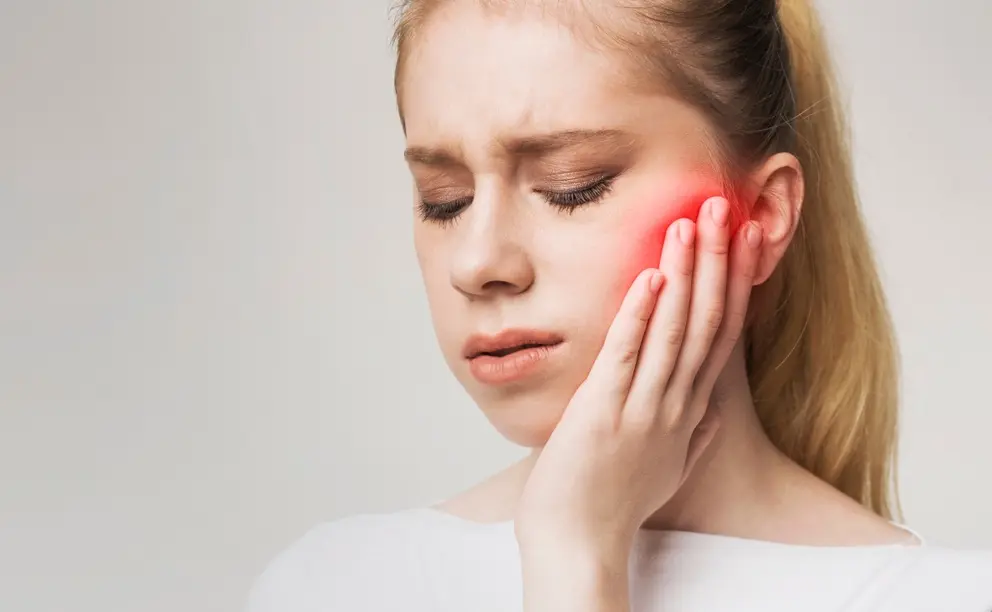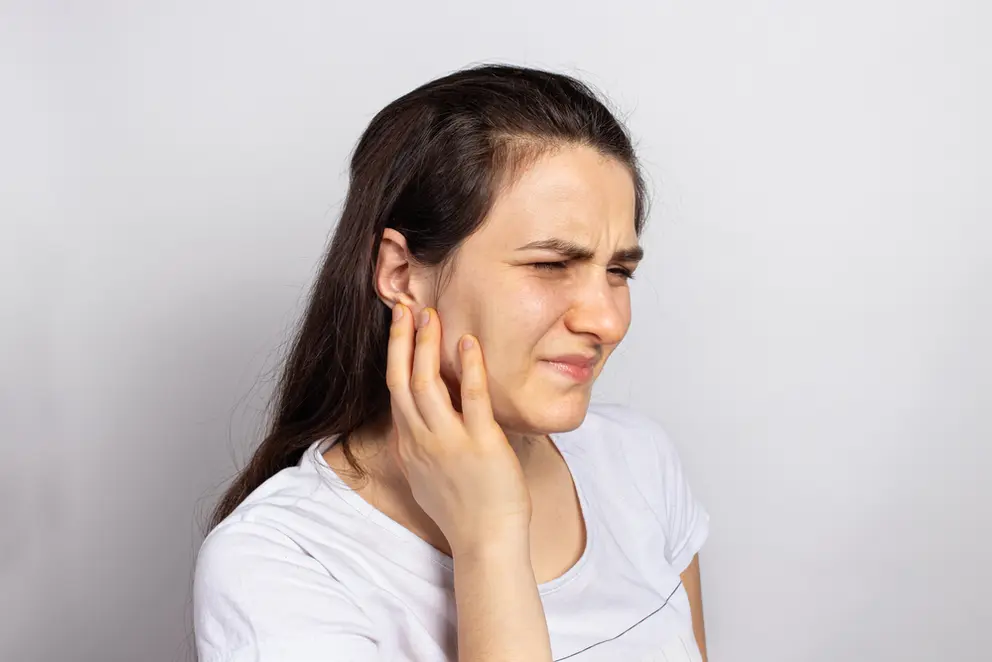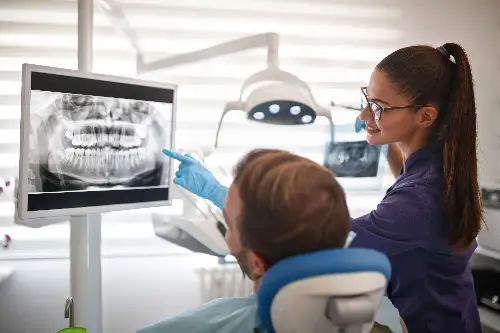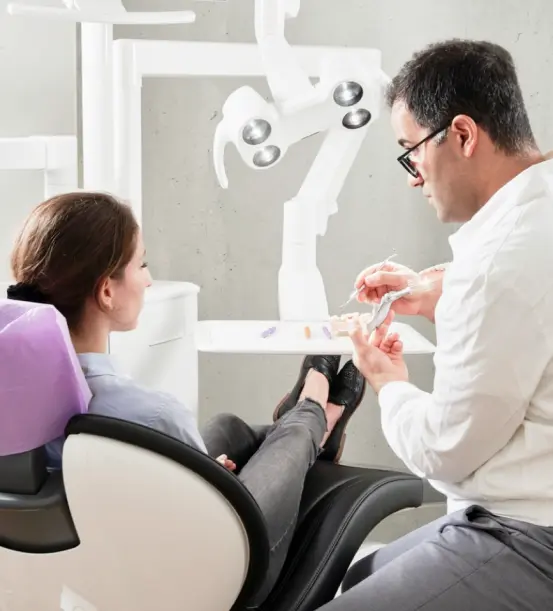Worth noting that the most intense bruxism clenching typically occurs during sleep when you aren't awake or conscious enough to help it. Risks of this clenching can also be intensified by family history, mental health conditions (particularly anxiety), and substance issues.
Abusing stimulants (like caffeine, cocaine, and amphetamine) can overactivated the jaw muscles, and has been clinically linked to increased TMJ risk. In 2019, the Brazilian Research in Pediatric Dentistry journal observed that amphetamines, in particular, could amplify that risk over sixfold.
If you're dealing with TMJ disorder symptoms and remedies, here’s a simple guide.
Initially, consult with a proficient dentist or orthodontist. Request them to create a personalized bite guard for you. This device fits over your jaw joint, which is on the side of your face.
Next, consider getting professional help for stress. Cognitive behavioral therapy or addiction counseling can be beneficial. These therapies can help you manage stressors that might be making your TMJ disorder worse.





